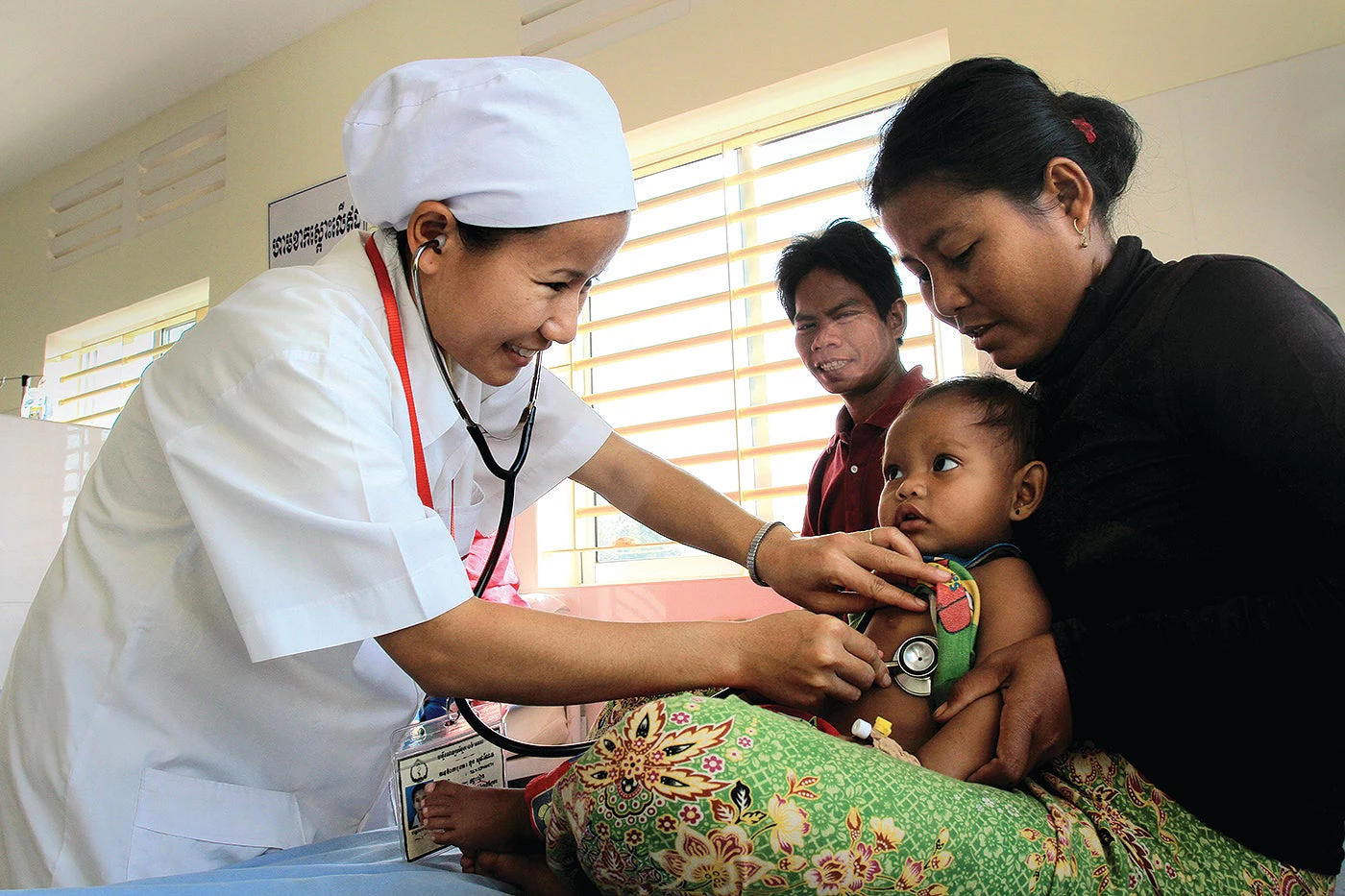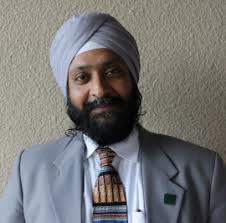For many of us who work in the health sector in Cambodia, the Universal Health Coverage Day in 2016 celebrates the beginning of a new journey. The recent launch of the Health Equity and Quality Improvement Project marked the beginning of a new phase in our journey to make Cambodia healthier and happier.
Though I am relatively new to the country having moved to Cambodia earlier this year, my colleagues in the World Bank and in other development agencies have shared stories about the marked turnaround in healthcare that they have seen unfold before their own eyes over the past 15 years.
Gaining access to affordable health services, for example, were huge obstacles for the poorest and most remote villages 15 years ago. But today, 434 new health centers have opened up throughout the country.
A new provincial hospital in Preah Vihear stands as a symbol of the incredible change that is taking place in Cambodia’s healthcare system. The once ill-equipped hospital had a major upgrade and officially opened in 2013. Patients living in rural areas can now get the modern medicine they need without traveling far or trying to come up with money they don’t have. They are supported by the Health Equity Fund, which subsidizes treatment costs, food for the patients and their caregivers, and transportation for the impoverished.
Partnerships and innovations have been the key drivers of this success. Since the first Health Sector Support Project in 2002, Cambodia is progressing on its path to a strong and sustainable health system. For more than 15 years, it has kept a unique, steady and uninterrupted partnership with development partners. From the country’s first strategic plan in 2002 to today, it has been supported by a joint project of the World Bank and its partners.
And this newly launched project is no different. The Government of Australia, the German Development Bank (KfW) and the Korea International Cooperation Agency (KOICA) have pooled funds with the World Bank. The Government of Japan is providing complementary financing, and the United States Agency for International Development (USAID) is providing vital implementation support. Together, this partnership aims to continue support and mainstream key innovations in the health sector. The Health Equity Fund, for instance, is helping the poorest 20% of the country’s population gain access to quality healthcare.
Through the new project, the government is mainstreaming the Health Equity Fund as the instrument to provide improved access to healthcare. Rolled out nationwide, it will support improvements in access to and quality of health services for the most vulnerable groups, and to prevent its people from falling into poverty due to unexpected and high spending on health. .
In addition to ensuring financial sustainability of the Health Equity Fund, the project also aims to strengthen local capacities. The project increasingly uses government systems and also supports the transition of key accountability functions to the respective government departments, in the endeavor to create strong national institutions to carry on highly specialized functions required by the health sector.
Cambodia is now one of several countries globally that successfully harmonized and aligned development partners’ efforts with the government to improve access to quality healthcare and protect poor people from out-of-pocket spending. Over the last decades and in the next five years to come, the World Bank team looks forward to seamlessly continuing and building upon past projects, and to continuing this work closely with the Ministry of Health and our partners in our joint endeavor to improve the health and well-being of Cambodians.



Join the Conversation